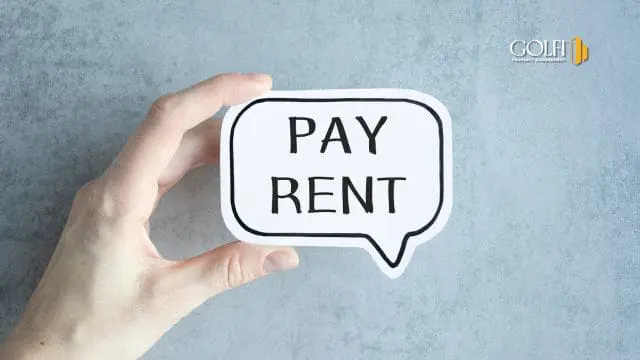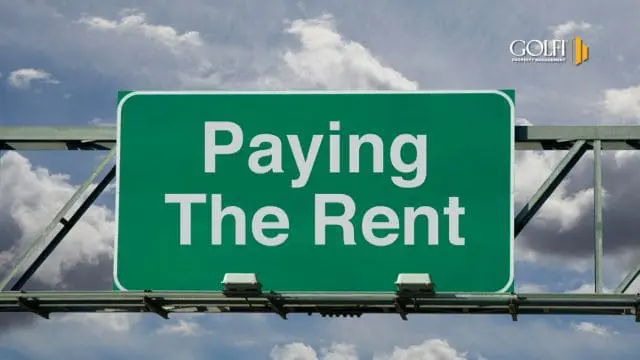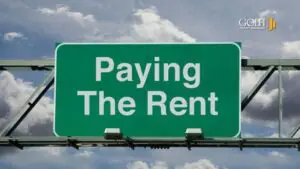How to Collect Rent From Tenants in Ontario? Easy Landlord Guide
Are you a landlord in Ontario looking to learn how to collect rent from tenants? Collecting rent should feel routine, not stressful. Yet every landlord eventually asks the same question: how to collect rent from tenants smoothly, safely, and reliably in Ontario? We manage rental properties every day across Hamilton, Halton, Niagara, and Brantford, and we know how important predictable rent collection is. When rent comes in on time, landlords can plan expenses, pay mortgages, and manage repairs without worry.
In Ontario, the Residential Tenancies Act sets the rules for rent collection. While the laws protect both sides, the smartest approach is to make rent paying convenient, well-documented, and automated. With simple systems and clear expectations, rent becomes an organized routine instead of a monthly chase.
A recent Canadian rental industry survey showed that over 82% of Ontario tenants prefer digital rent payments because they are faster, trackable, and avoid disputes. That is why most successful landlords use structured payment methods with written records. Don’t worry if your a landlord and dealing with some unpaid rent we also have a guide for that ot help you.
Below is our full step-by-step guide on how to collect rent from tenants efficiently, legally, and with less stress.
Let’s jump in.
Experience hassle-free property management with GOLFI Property Management’s services.
Why it’s Important for Landlords to Know How to Collect Rent From Tenants
When rent payments are easy and consistent, the entire landlord-tenant relationship works better. We always recommend using predictable processes because:
-
Rent disputes drop dramatically when everything is written and trackable.
-
Tenants treat the rental more professionally.
-
Landlords stay protected with proof of payments.
A strong system prevents misunderstandings and helps everyone stay on the same page from the first month to the last.
Best Ways on How to Collect Rent From Tenants in Ontario
There are several legal ways to collect rent. The right method depends on your preference, but every landlord must provide receipts on request and keep records.
1. E-Transfer Payments
This is the most popular method in Ontario because it is secure and fast.
Why we use it:
-
Tenants can send rent anytime without visiting a bank.
-
Payments come with automatic proof and tracking.
-
Funds arrive instantly, reducing late excuses.
2. Pre-Authorized Debit Withdrawals
This is one of the most dependable ways to collect rent from tenants.
How it works:
-
Tenants sign a simple authorization form.
-
Rent is automatically withdrawn on the same day each month.
-
No reminders, no delays, and fewer missed payments.
3. Online Rent Collection Portals
Professional property management companies like ours often use digital rent systems.
These platforms allow tenants to:
-
Pay rent online
-
View rent history
-
Set automatic recurring payments
-
Receive reminders
Digital systems also create clear records for both sides.
4. Post-Dated Cheques
Still legal in Ontario, though less common now.
We recommend them only when electronic banking is not possible.
5. Cash or In-Person Payments
We avoid this method because it is harder to track. If landlords do accept cash, Ontario law says the tenant can request a receipt, and landlords must provide one.
How to Collect Rent From Tenants Without Confusion
The easiest rent collection systems start before move-in. When tenants know exactly how and when rent is paid, problems become rare.
We Always Use These Steps:
-
A written lease with clear payment instructions
-
Due date listed clearly (most often the 1st of every month)
-
A preferred payment method
-
Details about how late fees and NSF fees are handled
One small step that makes a huge difference:
We give tenants written payment instructions on the first day, and we confirm they understand it. That one step prevents most future misunderstanding.
What If Rent Is Late?
Even with strong systems, late payments can happen. The Residential Tenancies Act tells landlords exactly what to do.
Legal steps landlords can follow
-
Give reminders first. Sometimes it is just a mistake in timing or banking.
-
If the rent is still unpaid, the landlord can serve the tenant an N4 Notice (Notice to End Tenancy for Non-Payment of Rent).
-
The N4 gives the tenant 14 days to pay and fix the issue.
-
If they pay everything in full, the eviction process stops.
-
If not, landlords can file an L1 Application to the Landlord and Tenant Board for a hearing.
Although an eviction should always be the last resort, it exists to protect landlords when rent is repeatedly unpaid.
Simple Tips That Help Collect Rent on Time
We work with tenants daily, and we have seen what keeps rent consistent. Here are the most effective strategies we use:
-
Offer digital payments instead of cheques
-
Send friendly reminders before the due date
-
Use written records for every transaction
-
Keep communication calm and professional
-
Never accept partial payments without a written agreement
How Property Managers Make Rent Collection Easier
Many landlords in Hamilton, Halton, Niagara, and Brantford hire us because rent collection can take up more time than expected. When tenants miss payments, or disputes happen, we step in so landlords do not have to manage it alone.
At Golfi Property Management, our rent collection system includes:
-
Full monthly rent processing
-
24/7 tenant payment options
-
Automatic digital tracking and receipts
-
Late payment follow-ups
-
Legal notices when required
-
Full financial reporting for landlords
This protects landlords, keeps tenants accountable, and ensures rent is always documented.
Why Rent Collection Must Always Be Secure and Documented
In Ontario, landlords must keep accurate records. Clear documents protect everyone. That is why we never recommend collecting rent in a way that leaves no proof.
With proper records:
-
Landlords can show proof of payment history
-
Tenants can verify that they paid correctly
-
Disputes become rare and easy to resolve
Good documentation is one of the strongest forms of legal protection.
Service Areas We Support
We help landlords and property owners with rent collection systems across:
-
Hamilton
-
Halton Region
-
Niagara Region
-
Brantford and surrounding communities
Every rental property deserves reliable rent collection and strong tenant management.
Short Mistakes Landlords Should Avoid
A few common problems create most rent issues:
-
Accepting cash with no receipt
-
Allowing late payments with no written agreement
-
Letting tenants pay “whenever they can”
-
Forgetting to put rent details in the lease
A simple system prevents these problems permanently.
Conclusion
Learning how to collect rent from tenants does not need to be complicated. With clear expectations, digital payment options, receipts, and proper documentation, rent collection becomes routine and stress-free. As a property management team serving Hamilton, Halton, Niagara, and Brantford, we make rent collection simple by protecting landlords, supporting tenants, and ensuring payments are organized and on time every month.
FAQs
How late can rent be in Ontario before it is considered missed?
Once the due date passes, rent is technically late. Many landlords allow a short grace period, but Ontario law does not require it. After that, landlords may issue an N4 Notice.
Can landlords refuse cash payments?
Yes. Landlords can choose the payment method. If cash is accepted, receipts must be given on request.
Can rent be paid with e-transfer every month?
Absolutely. E-transfer is one of the most common ways to collect rent from tenants because both sides get digital proof.
What happens if a tenant ignores rent reminders?
Landlords can follow legal steps, starting with an N4 Notice. If the tenant still does not pay, landlords can apply for a hearing at the Landlord and Tenant Board.
Can a property management company collect rent on behalf of a landlord?
Yes. Many landlords hire us to handle rent collection, deposits, reminders, legal notices, and monthly financial reports.


